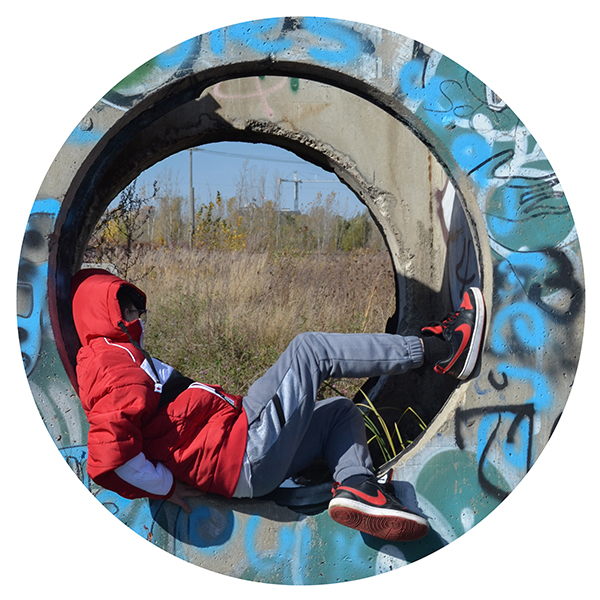Before the young person runs away
Is my child a runaway?
Under Quebec law, parents are the primary caregivers for their children until they reach the age of majority. This means they are responsible for their child’s care, supervision and education until the age of 18. Quebec laws are in place to protect the child’s safety and development. For this reason, children must come back where they live at the agreed-upon time and may not leave without your permission or that of the people responsible for them. When this happens and it is impossible to confirm your child’s whereabouts, the situation is considered to be a runaway or a disappearance. A disappearance means the child did not leave voluntarily or has become lost.
In the case of a runaway, it is the young person who decides to leave on their own. In the previous days or weeks, they may have mentioned or indicated that they wanted to leave. As a parent, you should contact the police. To find out how to do this, see this page. You and your child are both experiencing the situation in different ways. Ask questions to understand your child’s point of view and visit this page to learn more about running away.


Better communication with your teen
When you and your teenager are going through a conflict or having a hard time, communication is key. Although it is not always easy, your role is to encourage communication at all times. Try to stay calm and avoid negative comments. Here are some tips to help you:
Speak in the “I” to express your needs and what you feel.
For example: “I need to hear from you” and “I’m worried about you.”
Avoid using “you” as your teen may think you are judging or accusing them.
For example: “You never want to give me news about yourself” and “You keep me awake at night.”
Be patient and take as much time as needed. For example:
If your child tells you something that surprises you, you can show your surprise. Take time to think about it on your own before discussing the matter with your child.
If the discussion gets difficult, you can take a break and start again when things calm down.
If you and your child agree on something, plan to go over it together after some time. This will give you a chance to discuss the matter with your child again and speak your mind. You can praise them. This shows that communication is a good way to solve problems. Good communication can also prevent your child from running away.
Remember that you can ask a neutral person to help make communication easier between you and your child.
Trusting a neutral person
When your child runs away, it is normal to feel overwhelmed and not know what to do. This is a complex situation. Do not face it alone. You can talk to someone you trust. Ideally, talk to a neutral person who is not involved in the situation.
This person may be someone in your social circle. Make sure the help they offer you meets your needs. For example, if your child can stay with a family member for a few days, make sure the conditions are clear. How long can they stay with this person? What are each person’s responsibilities? It is important to clarify these conditions before giving your permission.
You can also check out community resources. Youth workers can provide support and advice. They can help you in a variety of situations and at different stages: searching for your child, communicating with them, or finding realistic and long-term solutions.
You can call Info-Social 811. A professional such as a social worker or psychologist can help you. This person can also refer you to the right resource in the health and social services network, or to a community resource.
Of course, if your child is staying at a rehabilitation centre, contact the youth workers there. Together, you can co-operate to help bring your child back. They can also offer their support.
Podcast - Retrouve-moi où je m’égare
To hear young people, parents, and practitioners talk about the act of running away, listen to Retrouve-moi où je m'égare (in French only).

Episode 1 (only in French)
